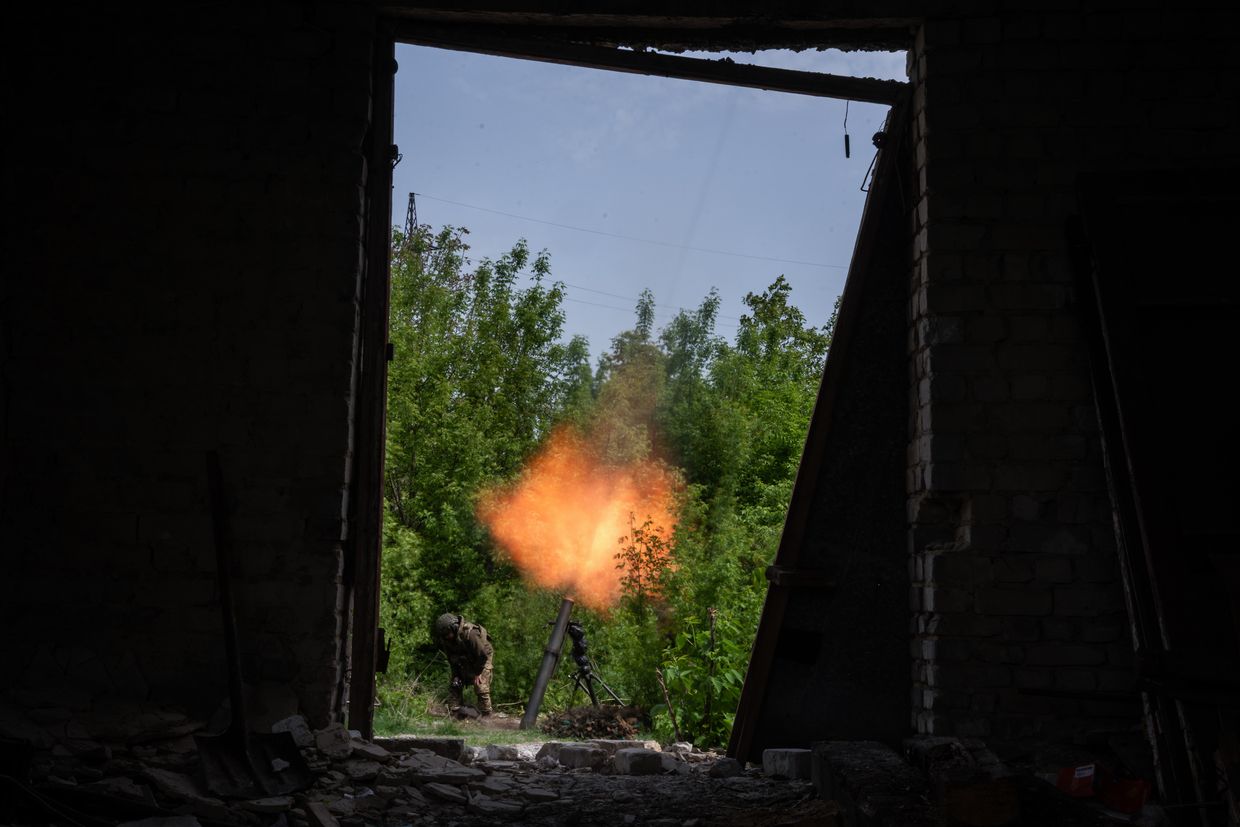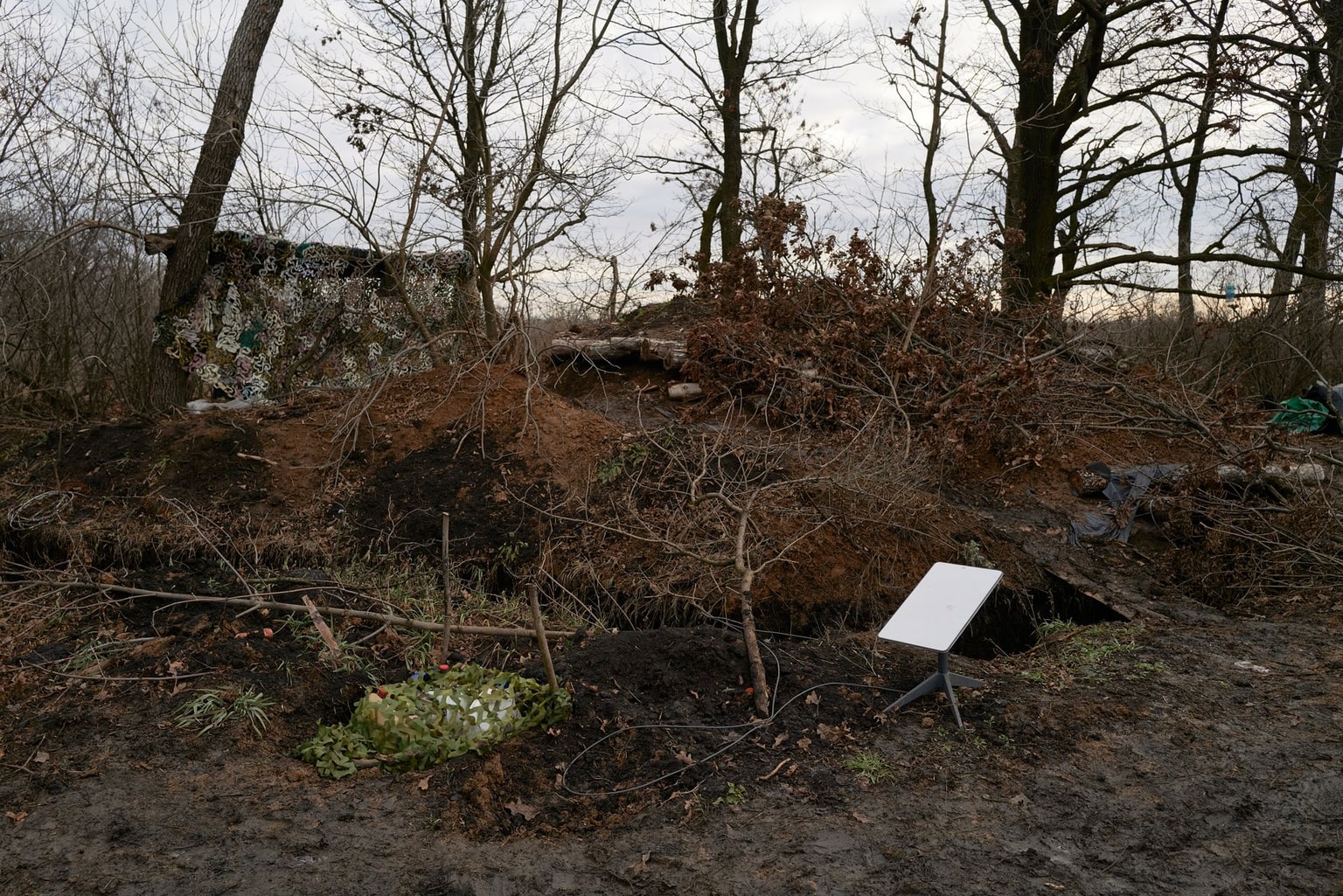Marco Rubio likely to be Trump’s secretary of state, Reuters reports

President-elect Donald Trump will likely appoint Marco Rubio as U.S. secretary of state, Reuters reported on Nov. 12. citing unnamed sources.
Rubio was among the 15 Republican lawmakers in the Senate who voted against the $61 billion military aid package for Ukraine, eventually passed in 2024 April.
Shortly after Trump’s election victory, Rubio said on air that Russia's full-scale war against Ukraine has reached a "stalemate" and "needs to be brought to a conclusion."
On the campaign trail, Trump has repeatedly said he could end Russia's war within 24 hours if elected president, without elaborating on how he plans to achieve it.
Rubio described Ukrainians as "incredibly brave and strong" but there's "the reality of the war," he added.
"That doesn't mean we celebrate what Vladimir Putin did or are excited about it, but I think there has to be some common sense here," he said.
"We are funding a stalemate that's costing lives... and Ukraine is going to take 100 years to rebuild with everything they're facing."
If appointed, Rubio will replace Antony Blinken.
It’s just the latest report of Trump planning to appoint a team with a dramatically different stance on Ukraine from the Biden administration.
Earlier it was reported Trump has chosen Mike Waltz as his national security adviser, bringing a former special forces officer into a role that will steer U.S. global posture amid several high-stakes conflicts.
Waltz, known for his plain-spoken approach and strong advocacy for Trump’s vision, is expected to oversee a strategic shift in the handling of key international challenges, including the war in Ukraine and rising tensions in the Middle East, Politico reports.
And Republican Congresswoman Elise Stefanik has been nominated as the next U.S. Ambassador to the United Nations, according to a Trump statement on Nov. 10.
"Elise is an incredibly strong, tough, and smart America first fighter," he said.
Stefanik has shown mixed views on Ukrainian aid over the last few years.
While she supported increased U.S. military assistance to Ukraine in the past, and even co-authored legislation to impose sanctions on Russia before its full-scale invasion against Ukraine started, she has since opposed further aid packages.












